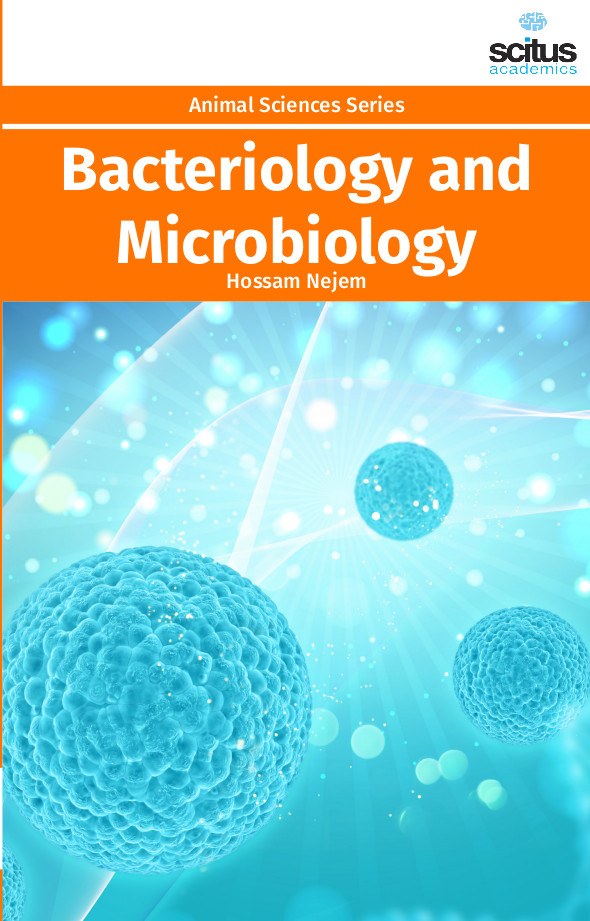Microorganisms are extremely important in our everyday lives. Some are responsible for a significant proportion of the diseases affecting not only humans, but also plants and animals, while others are vitally important in the maintenance and modification of our environment. Still others play an essential role in industry, where their unique properties have been harnessed in the production of food, beverages and antibiotics. Scientists also have learned how to exploit microorganisms in the field of molecular biology, which makes an enormous impact both industrially and medically. Microbiology also encompasses immunology, the study of the body’s ability to mount defenses against infectious microbes. Bacteria are single-celled microorganisms that lack a nuclear membrane, are metabolically active and divide by binary fission. Medically they are a major cause of disease. Superficially, bacteria appear to be relatively simple forms of life; in fact, they are sophisticated and highly adaptable. These organisms exist widely in both parasitic and free-living forms. Because they are ubiquitous and have a remarkable capacity to adapt to changing environments by selection of spontaneous mutants, the importance of bacteria in every field of medicine cannot be overstated.
‘Bacteriology and Microbiology’ is concerned with microbial (bacterial, fungal, viral) diseases of domesticated vertebrate animals (livestock, companion animals, and poultry,) that supply food, other useful products or companionship. In addition, Microbial diseases of wild animals living in captivity, or as members of the feral fauna will also be considered if the infections are of interest because of their interrelation with humans (zoonoses) and/or domestic animals. It describes representative bacteria that are pathogenic and can cause infectious diseases to animals. Studies of antimicrobial resistance are also included, provided that the results represent a substantial advance in knowledge.













